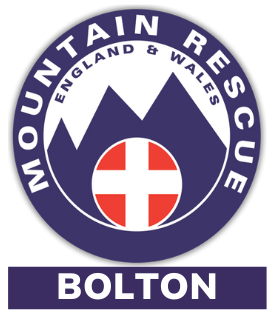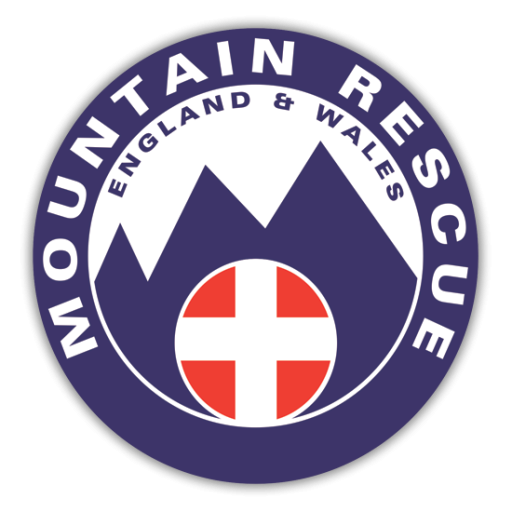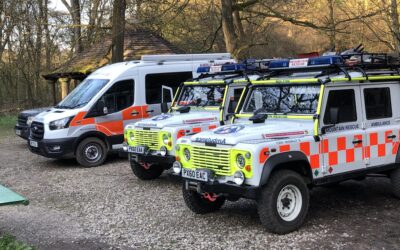In line with many other areas in the United Kingdom that at now facing increasing risk from large ‘Wildfires,’ (In this area grass and moorland fires) Lancashire Fire and Rescue Service after considerable work on the subject, decided to form a Lancashire Fire Operations Group.
Essentially such FOGs consist of all the various and often diverse groups, that have a vested interest in the progression of a partnership approach to the whole issue of ‘Wildfires,’ led of course by the representative Fire and Rescue Services who have a Statutory requirement to attend such wildfires.
Wildfires in the UK are becoming increasingly common, and besides the obvious damage to the landscape and vegetation, also have economic implications, an effect on local tourism, potentially release very large amounts of CO2 emissions, and tie up often considerable emergency resources in combating such fires.
Within Lancashire, the huge moorland fire on Anglezarke Moor in April 2011, caused damage to 10.17km2 of moorland and forestry, and was the largest recorded wildfire in England in 2011, visible even from satellite surveillance, as was shown at todays meeting!
Todays inaugural meeting of the Lancashire FOG was organised and co-ordinated by Shaun Walton, a very experienced Operational Officer (Service Delivery Manager) in Lancashire Fire and Rescue Service.
The meeting was held at the excellent facilities of the Lancashire Fire and Rescue Service Training Centre at Southport Road, Euxton, Chorley, with all invited attending from 09.30hrs.
Delegates and representatives from many organisations were present, including mountain rescue, who in the Lancashire area assist LFRS during ‘Wildfires,’ by providing transport and other logistical support, GPS plotting of fires, catering support, local knowledge, standby rescue provision to those engaged in actually fighting the fire and many other assistance taskings.
Our Team Leader Garry Rhodes MBE attended from our team, with Martin Sherwood from Bowland Pennine MRT (A full time Firefighter himself with LFRS)
Organisations represented (Not the full list) included Lancashire Fire and Rescue Service, Cumbria Fire and Rescue Service, Bay Search and Rescue, (Gary Parsons their Chairman being present) County Council and Local Authority representatives, United Utilities, other land owning agencies and authorities, Countryside Ranger Services, and other interested parties.
Shaun Walton set the meeting off with a comprehensive introduction, covering wildfire examples, with a specific focus on the Anglezarke 2011 wildfire, and the agencies who assisted LFRS extinguish it, including the Bolton MRT and Bowland Pennine MRT who provided over many days the services mentioned above.
He then went on to outline training, multi agency and partnership working, education (Including social media sites) Wildfire prediction systems, use of vehicles and vehicles now available to LFRS (Including the Haglunds of Bay Search and Rescue, United Utilities ATVs, the new ‘Polaris’ ATV purchased by LFRS, MRT 4WD vehicles, The LFRS Soft Trac and LFRS 4WD vehicles) use of helicopters both from a reconnaissance and a direct fire fighting role using water bucket air drops, and the wider impact of wildfires on the economy and ecology.
It was then the turn of Danny Jackson, Chair of the South Pennines FOG, a Countryside and Rights of Way Officer with Bradford City Council, who outlined the formation and successes of the established South Pennines FOG as an example of best practice.
Following a refreshment break, next up was a most interesting presentation by Julia McMorrow, a Senior Lecturer in Remote Sensing, Geography School of Environment and Development at the University of Manchester.
Julia spoke about mapping the geography of wildfires in the UK, including the national and local context, satellite use in imaging fires and collecting data on their size, the clarification of wildfires (With a discussion on what constitutes a wildfire, is it size / resources deployed / the damage caused, for example) Ignition points and wildfire cause investigation.
Ian Potter, an Officer in LFRS then outlined the development of Operational Fire Plans for wildfires, sharing protocols and partnership agreement working.
Shaun then outlined plans for further Lancashire FOG meetings including signing up to a Memorandum of Understanding regards the Lancashire FOG. (To which Bolton MRT, Bowland Pennine MRT and Rossendale and Pendle MRT who were not present at this meeting, are all fully in support of)
Garry, our Team Leader, reports that the meeting was very informative, very interesting given our already established role in assisting LFRS in fires of this nature, with a real atmosphere of mutual agency respect and a clear will to enter into multi partnership / multi agency joint working to assist LFRS in dealing with the issue of ‘Wildfires.’



